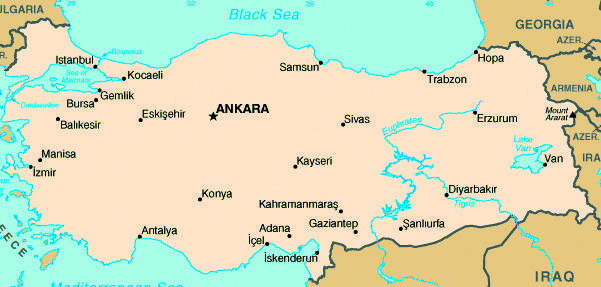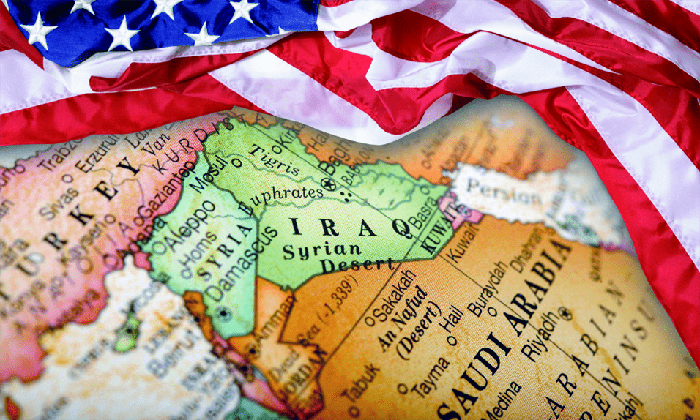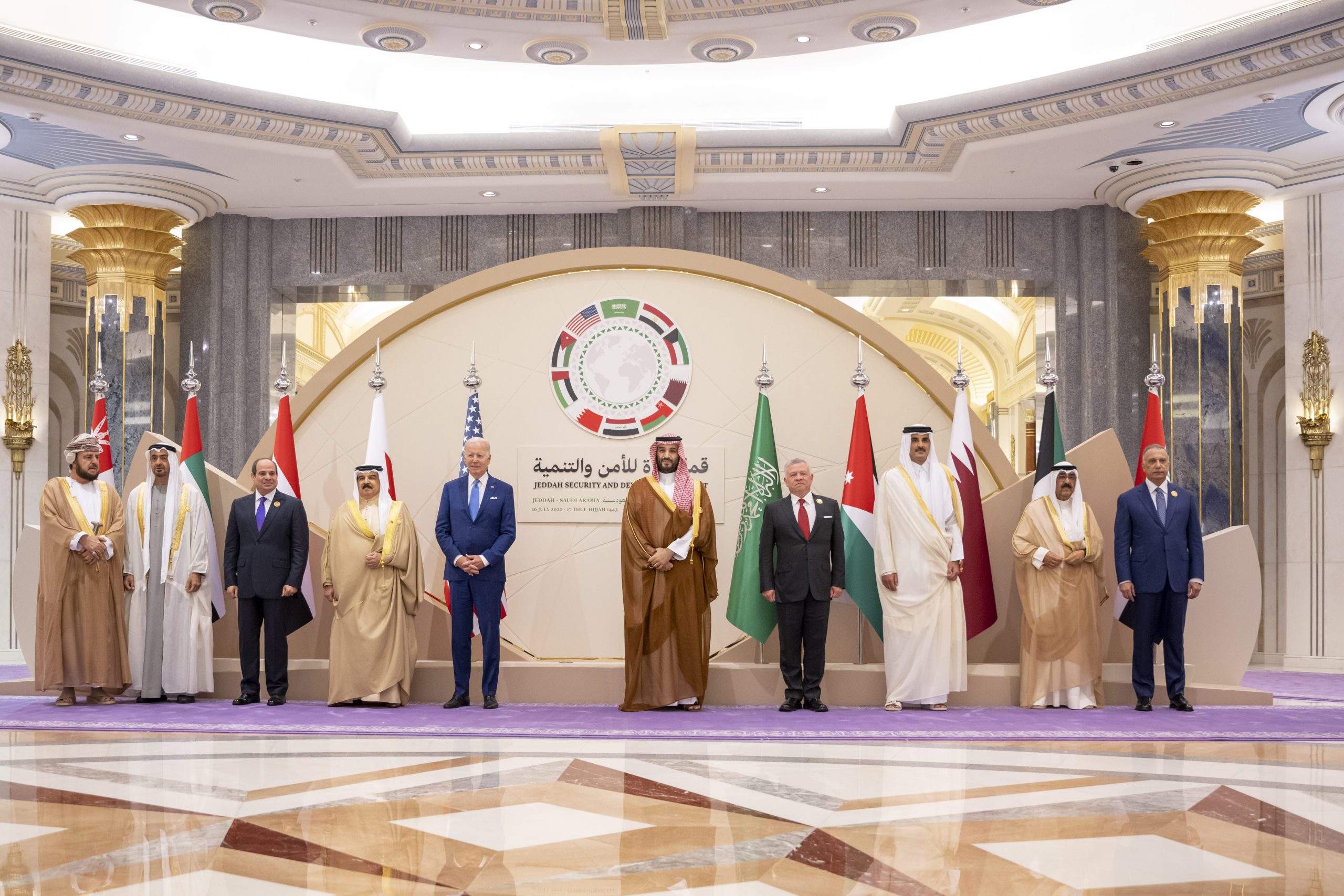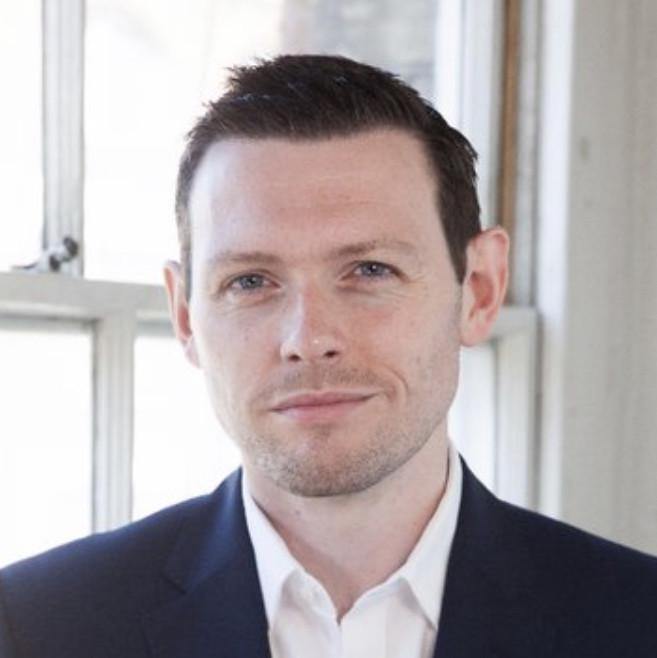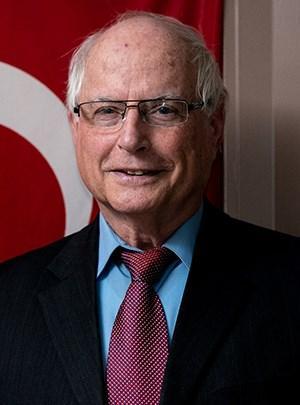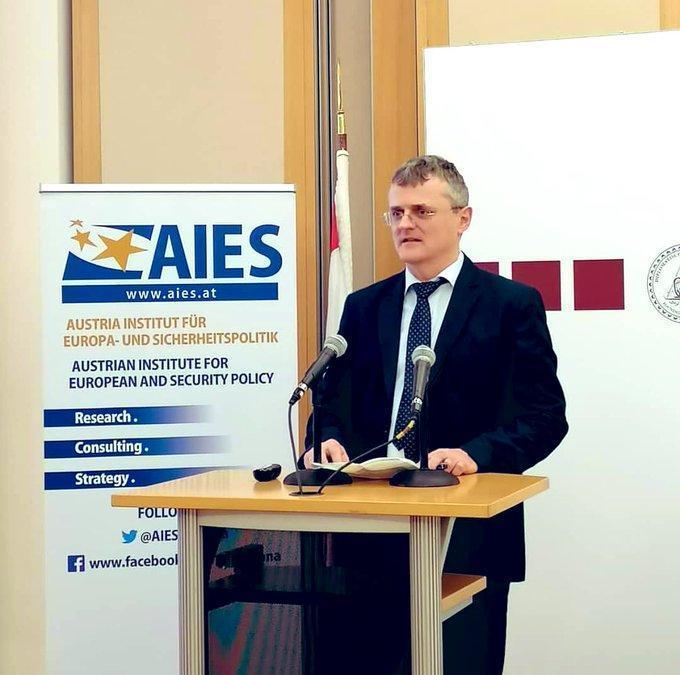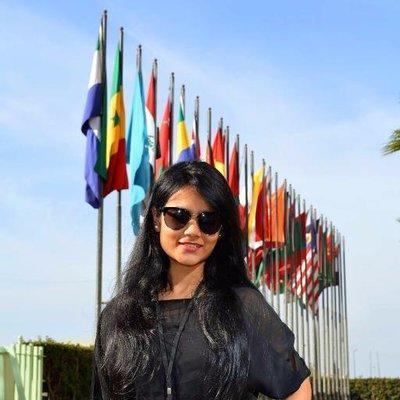ORIENT II 2019: Conflicts and conflict resolution
Purchase the full issue here:
26,00 € incl. VAT plus Shipping CostsSelect options This product has multiple variants. The options may be chosen on the product page
Editorial
Dear ORIENT readers,
Several conflicts have erupted in recent years across the Near and Middle East, blurring the lines between upheavals, civil war and military campaigns as well as the local, national, regional and international levels. At the same time, regional powers such as Turkey, Saudi Arabia and Iran are continuing their pushes for hegemony and the US and Russia are competing for influence in the regional order.
In this issue of ORIENT we aim to take a closer look at the region’s conflicts: What are the latest developments in Syria, Yemen and Libya? Which actors are involved and what are their goals? What are potential trajectories and solutions to these conflicts? Beginning with a close look at the conflict in Syria, Christopher Phillips analyses the role of international actors before Kristina Kausch takes a deep dive into transatlantic differences over the policy towards Syria. Thereafter, Michael M. Gunter considers the situation of Kurds in more detail, particularly in Iraq and Syria. Eleonora Ardemagni then untangles the conflict(s) in Yemen and Wolfgang Pusztai delves into the one in Libya. Subsequently, Imad Salamey explores power-sharing as an option for resolving conflicts in the region, followed by Sneha Roy making a case for taking into account gender-related issues when brokering peace deals.
I hope that the current issue provides you with valuable perspectives on the conflicts in the Near and Middle East today, and the attempts at managing them.
Dr. Gunter Mulack
Director of the German Orient-Institute

